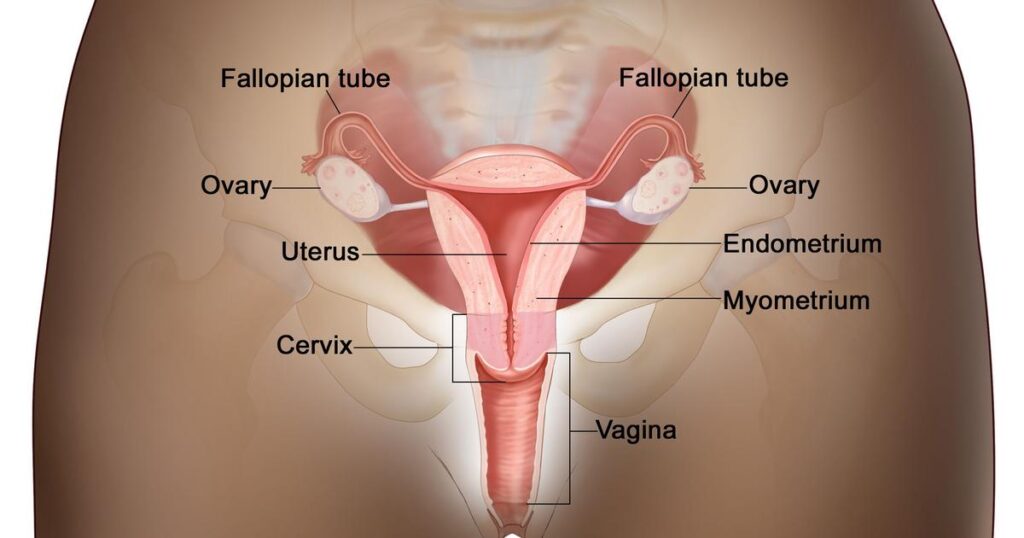8 early signs of cervical cancer most women ignore

[ad_1]
1. Unusual vaginal bleeding
One of the most common early signs of cervical cancer is abnormal bleeding between periods, after sex, or after menopause. Many women may dismiss this as irregular periods or hormonal changes, but it’s important to take note of any unusual bleeding patterns.
2. Unusual vaginal discharge
While discharge can vary throughout your menstrual cycle, cervical cancer can cause an abnormal discharge that is watery, pink or has a foul smell. Any significant change in the consistency, color, or odor of your discharge should not be ignored.
3. Pain during intercourse
Experiencing pain during sexual intercourse is often a sign that something is wrong. While it can be attributed to various conditions, pain during sex can also be an early warning of cervical cancer due to irritation or growths on the cervix.
4. Pelvic pain
Persistent pelvic pain that isn’t related to your menstrual cycle or other common conditions like infections or endometriosis may be a sign of cervical cancer. If the pain is constant or occurs at unusual times, it’s important to consult a doctor.
5. Painful urination
Cervical cancer can cause discomfort or a burning sensation when urinating, often mistaken for a urinary tract infection (UTI). If you experience this symptom without the presence of a UTI, it’s worth checking in with your healthcare provider.
6. Fatigue
Constant fatigue without a clear reason could also be an early sign. While fatigue is a common issue for many people, when it occurs alongside other symptoms, it may indicate that something is wrong with your health.
7. Unexplained weight loss
Unintended weight loss, especially when accompanied by other symptoms, may signal a serious health issue, including cervical cancer. If you notice you’re losing weight without trying, it’s important to seek medical advice.
8. Leg pain or swelling
Cervical cancer can cause the cervix to become enlarged, which may press on surrounding nerves, leading to leg pain or swelling. If you experience unexplained leg pain or swelling that persists, it could be a symptom worth investigating.
If you experience any of these symptoms, it’s essential to see your doctor immediately for further evaluation. Regular Pap smears and HPV tests are key to early detection and can help prevent cervical cancer from progressing. Stay informed, listen to your body, and prioritise your health.



